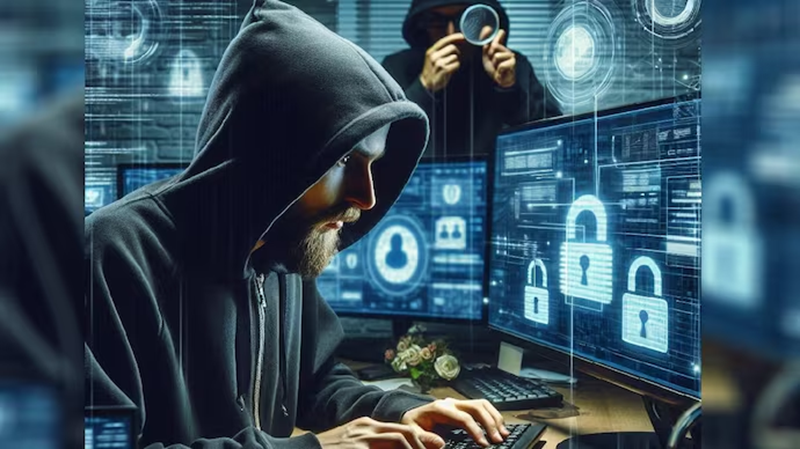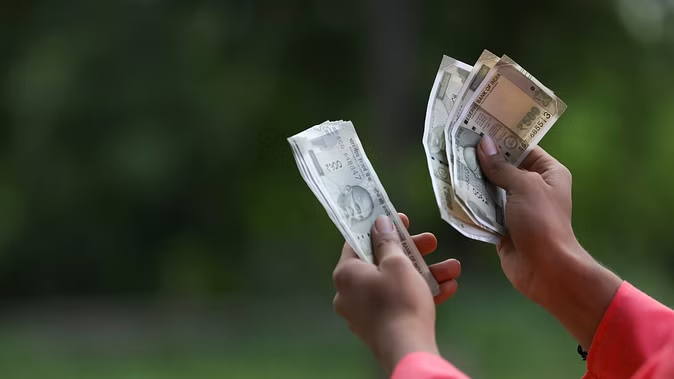
Cybercrime is increasing rapidly in India and with this many types of cyber scams have also become common. From UPI scams to parcel scams, people are being duped through these scams every day in India. In today's report, we will tell you about the five most common cyber scams happening in the country, from which you need to be very careful.
Digital Arrest
The digital arrest scam starts with a message or call and after that, the fraudsters call people and say that they are talking to the Police Department or Income Tax Department. They say that many things have been purchased using your PAN and Aadhaar or money laundering has been done. Many times it is also claimed that they are speaking from the Customs Department and a parcel has come in your name containing drugs or banned items. After this, you are asked to remain on the video call continuously and money is demanded. This is called digital arrest.
WhatsApp Video Call Scam
This scam starts with a video call from an unknown number. Scammers make a video call to you and a pornographic video is shown from the other side or sometimes a girl is talking from the other side. These people record the screen and edit your face in some other pornographic video and then demand money by threatening to make the video viral.
UPI Fraud
Fraud in transactions through UPI (Unified Payments Interface) has increased a lot. In this, scammers try to withdraw money by sending fake QR codes, calling, or through fake apps. Many times these people ask for a UPI PIN or OTP by claiming to be bank officials and empty the account.
Online Shopping Scam
In this, it is claimed to sell cheap products through fake e-commerce websites or social media pages. When people buy from these sites, they either get poor-quality products or nothing at all. In such cases, it becomes difficult to get a refund or even contact customer service.

Phishing
In phishing, fraudsters try to steal personal information from people, such as bank account numbers, passwords, or credit card details, through emails, messages, or fake websites. These links or messages often look like those of banks or government organizations, due to which people believe them to be real and share their information.
PC Social media










